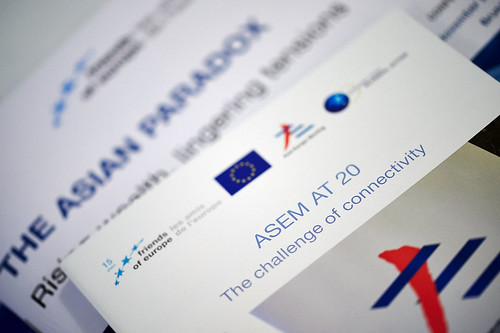
Summary
East Asia’s increasingly shrill territorial disputes over the past few years have exposed the region’s lack of mechanisms for maintaining sustainable peace, stoking fears that a disagreement could trigger a large conflict in the region.
A Friends of Europe conference on 10 November explored the “Asian Paradox” which is marked by the disconnect between the region’s burgeoning wealth and its lingering historical disputes and new power rivalries, nationalism and arms spending.
“In East Asia there is still an imbalance between helping the economy and neglecting the political agenda,” said Nur Hassan Wirajuda, a former Indonesian Minister of Foreign Affairs who is involved in several initiatives to build a stronger Asian security architecture. “Asia is increasingly seen as the new frontier of the 21st century – the up and coming centre of gravity of the world. On other hand, there are brewing conflicts, and the continent doesn’t seem to be ready to cope with them.”
The conference looked at the unpredictable situation in North Korea, tensions between Japan, China and the Republic of Korea as well as Cross-Straits relations. The South China Sea has become a particular source of tension, due to conflicting territorial claims between China and both Vietnam and the Philippines. After recent Chinese land reclamation activities on a reef, the U.S. last month sent a destroyer nearby to highlight its freedom of navigation policy.
The sea was free of disputes until 40 years ago, but then natural resources were discovered, said Shicun Wu, President and senior research fellow of China’s National Institute for South China Sea Studies. Now, the region needs to learn lessons from Europe: on how to solve maritime disputes; on implementing an integrated maritime strategy; and on developing a security framework. “Currently, some mechanisms are working in Asia,” he said. “But there is no architecture like in Europe with the EU and NATO.”
Despite sometimes feeling a long way away, Europeans should be concerned by the possibility of any conflict, said Jamie Shea, Deputy Assistant Secretary General at the NATO Emerging Security Challenges Division and a Trustee of Friends of Europe. “NATO has an interest in stopping wars breaking out in areas where we have accumulated experience – and a war in Asia would be catastrophic for the European economy,” he said. “I do not buy the argument that economic integration is somehow going to ameliorate these issues. That doesn’t prevent countries acting against their interests and doing something suicidal like going to war. Look at Russia and Crimea.”
SESSION I – Asian security today: living with a “cold peace”
SESSION II – Asian security tomorrow: working for peace in our time
About
IMAGE CREDIT: CC / FLICKR – Oscar Shen
Schedule
The Asian Century is marked by an over-arching paradox. The region’s vibrant economies remain in the global spotlight as the region expands and deepens its trade and investment networks. But Asia is also home to many unresolved territorial disputes, lingering historical animosities, increasingly strident nationalism and a rise in arms spending.
- Can expanding trade and investment integration help Asian nations move beyond historical grievances toward better political relations?
- What is being done to forge a political order and Asian security framework that will encourage sustained stability and trust between countries?
- What is the impact of Cross-Straits relations on regional security and integration?
Featuring
Sebastian Bersick
Chair holder in International political economy of East Asia at the Ruhr-Universität Bochum
Aidan Foster-Carter
Honorary Senior Research Fellow in Sociology and Modern Korea, University of Leeds
Kimie Hara
Director of East Asian Studies at the University of Waterloo
Ong Keng Yong
Executive Deputy Chairman of the S. Rajaratnam School of International Studies and Secretary General of the Association of Southeast Asian Nations (2003-2007)
Bonji Ohara
Research fellow, The Tokyo Foundation
Andrew Yang
Professor, General Education Center, National Sun Yat-sen University
Moderated by
Shada Islam
Managing Director at New Horizons Project
The United States as well as regional players such as China, Japan, India and ASEAN play important roles in Asian security. The EU is also emerging as a significant security actor in the region in its capacity as a “soft” power as well as in the area of maritime security, tackling non-traditional security challenges, peace-making and conflict resolution.
- Can the success in European-Asian maritime security cooperation be extended and become a model for further joint actions?
- Are there any lessons for Asia from Europe’s experience in reconciling adversaries as well as conflict resolution and management?
- Should Asia create a NATO-like regional alliance? What is the outlook for greater cooperation between NATO and Asian nations?
Featuring
Kongdan Katy Oh Hassig
Research Staff Member at the Institute for Defense Analysis (IDA) and Non-Resident Senior Fellow at the Brookings Institution
Michael Reiterer
Principal Adviser at the Asia and Pacific Department of the European External Action Service
Jamie Shea
Senior Fellow for Peace, Security and Defence at Friends of Europe, and former Deputy Assistant Secretary General for Emerging Security Challenges at the North Atlantic Treaty Organization (NATO)
Chunjuan Nancy Wei
Associate Professor in East Asian and Pacific Rim Studies at the University of Bridgeport
Wu Shicun
President of the National Institute for South China Sea Studies
Moderated by
Shada Islam
Managing Director at New Horizons Project
Speakers
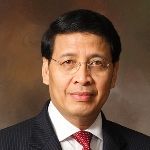
Indonesian Minister of Foreign Affairs (2001 - 2009)

Chair holder in International political economy of East Asia at the Ruhr-Universität Bochum

Honorary Senior Research Fellow in Sociology and Modern Korea, University of Leeds
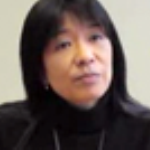
Director of East Asian Studies at the University of Waterloo
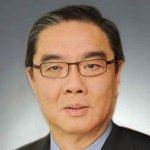
Executive Deputy Chairman of the S. Rajaratnam School of International Studies and Secretary General of the Association of Southeast Asian Nations (2003-2007)
As Secretary General of the ASEAN, Ong Keng Yong campaigned for ASEAN’s increased regional integration. He led the ASEAN Secretariat to facilitate the early adoption of the ASEAN Economic Community (AEC) Blueprint in 2007, which laid the foundation for the establishment of the AEC in 2015. Ambassador Ong currently heads the S. Rajaratnam School of International Studies at the Nanyang Technological University of Singapore, one of the leading research institutions in international affairs in the Asia-Pacific. He is concurrently Ambassador-at-Large at the Singapore Ministry of Foreign Affairs, non-resident High Commissioner to Pakistan and non-resident Ambassador to Iran.
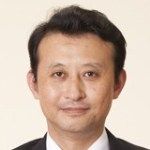
Research fellow, The Tokyo Foundation
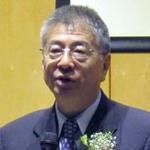
Professor, General Education Center, National Sun Yat-sen University
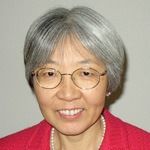
Research Staff Member at the Institute for Defense Analysis (IDA) and Non-Resident Senior Fellow at the Brookings Institution

Principal Adviser at the Asia and Pacific Department of the European External Action Service
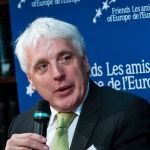
Senior Fellow for Peace, Security and Defence at Friends of Europe, and former Deputy Assistant Secretary General for Emerging Security Challenges at the North Atlantic Treaty Organization (NATO)
Retiring from NATO in September 2018 after 38 years at the organisation, Jamie Shea has occupied a number of senior positions at NATO across a wide range of areas, including external relations, press and media, and policy planning. As NATO’s spokesperson, he was the face of the alliance during the Bosnia and Kosovo conflicts. He later worked as the director of policy planning in the private office of former secretary general Rasmussen during the preparation of NATO’s 2010 Strategic Concept. Shea is also a regular lecturer and conference speaker on NATO and European security affairs.
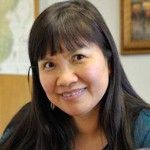
Associate Professor in East Asian and Pacific Rim Studies at the University of Bridgeport
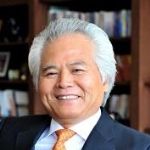
President of the National Institute for South China Sea Studies
Wu Shicun is an expert on the history and geography of the South China Sea, maritime delimitation, maritime economy, international relations and regional security strategies. He holds leadership roles in several research institutions, including as Chairman of the China-Southeast Asia Research Center on the South China Sea’s Board of Directors, Vice President of the China Institute for Free Trade Ports Studies and Deputy Director of Nanjing University’s Collaborative Innovation Center of South China Sea Studies. Wu’s work is widely published and his expertise is frequently sought for media interviews on the South China Sea, regional security issues, the Belt & Road Initiative and the development of Hainan Province.
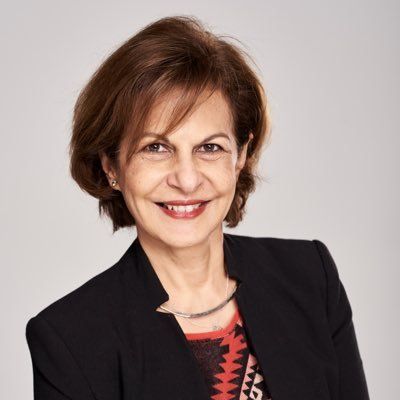
Managing Director at New Horizons Project
Continue
the debate on
- Debating Europe
